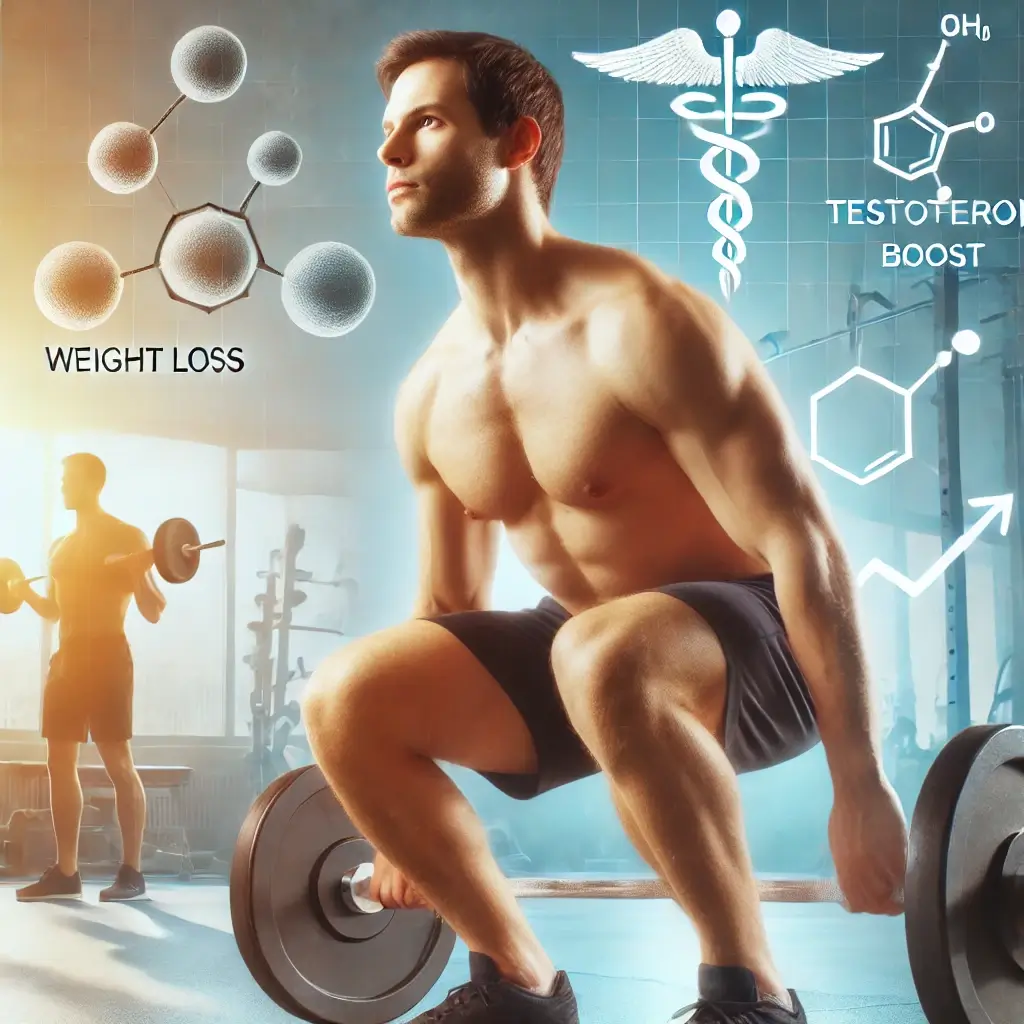The Weighty Impact on Testosterone
Weight significantly influences healthy testosterone levels in men. The link between obesity and low testosterone is well-documented, with excess fatty tissue reducing testosterone synthesis through various mechanisms.
Fat’s Double-Edged Sword
Excess body fat increases estrogen production by converting testosterone, leading to hormonal imbalance. Additionally, obese men often have higher levels of sex hormone-binding globulin (SHBG), which binds to testosterone and renders it inactive.
The Power of Shedding Pounds
Research consistently shows that even moderate weight loss can significantly boost circulating testosterone levels in obese men. Losing just 7-10% of total body weight can lead to substantial improvements in testosterone levels.
Unraveling the Obesity-Testosterone Connection
The relationship between weight and testosterone is complex. Abdominal fat is particularly linked to increased aromatase activity, which converts testosterone to estrogen. This enzymatic conversion can significantly reduce bioavailable testosterone, resulting in hormonal imbalance.
Inflammation: The Hidden Culprit
Obesity is often associated with increased inflammation, which can disrupt the delicate balance of sex hormones. This inflammatory state can affect the hypothalamic-pituitary-gonadal axis, a key hormonal mechanism regulating testosterone production.
The Ripple Effect of Weight Loss
Moderate weight loss can reverse these unfavorable mechanisms, restoring testosterone to optimal levels. This hormonal shift can improve sexual performance, muscle growth, mood, cognitive function, and reduce the risk of cardiometabolic diseases.
Benefits Beyond Obesity
The advantages of weight loss for testosterone aren’t limited to significantly obese individuals. Even men with slightly elevated body mass index (BMI) can see considerable increases in testosterone levels by adopting healthier lifestyle choices.
The Path to Hormonal Balance
Incorporating a balanced diet and regular exercise can be beneficial for men looking to improve their testosterone levels and overall health. However, it’s crucial to consult a doctor for personalized advice and potential testosterone-boosting treatment plans.
Beyond the Scale
While obesity is a substantial risk factor, other causes such as age or genetics can affect testosterone levels in men with healthy weight. A holistic approach to health, including proper nutrition and exercise, is generally recommended for overall hormonal balance.
